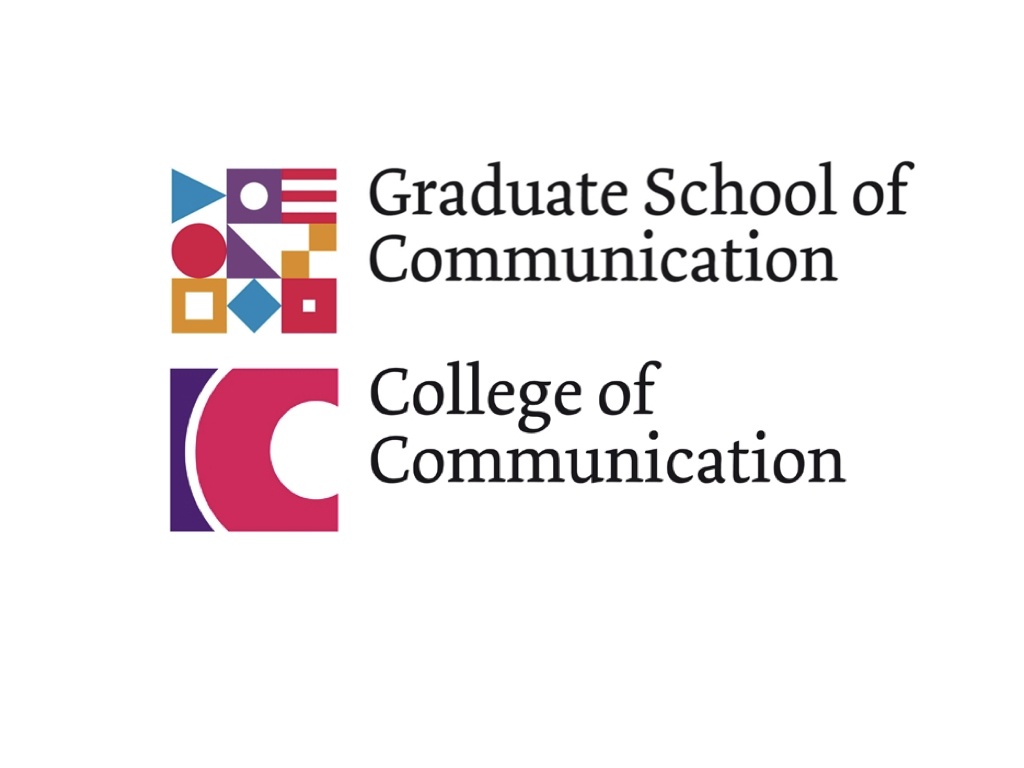As part of my training, I obtained the Dutch University Teacher Qualification (BKO) Certificate in 2019, having demonstrated my ability to supervise students and design and conduct teaching and examinations.
University Teacher Qualification
For me, teaching means creating an environment where people can grow — intellectually, emotionally and socially. I do this by focusing on the needs of the people in front of me, aiming to challenge them at just the right level.
In my view, good teaching goes far beyond offering information and should enable learners to develop the skills needed to acquire, critically evaluate, and interpret knowledge. As an expert and critical thinker, rather than wanting my audience to trust my authority, I want to empower them to challenge it.
This works best when my classes take the form of workshops, where learners are asked to work together to solve practical and theoretical problems. Equally, I encourage participants to individually reflect and critically discuss important questions and the challenges they face.
The majority of my experience stems from working with university students, but I equally value offering courses or workshops to professional audiences or people with a general interest in social science or my areas of expertise.
Sample classes
Political Communication, Journalism, and Social Research Methods
University Teaching Activity

From 2018-2021, I had the pleasure of teaching some of the very talented students in the bachelors and masters programmes offered at the College of Communication and Graduate School of Communication at the University of Amsterdam.
Over the years, I taught classes in "Philosophy of Science and Methodology" and "Political Communication and Journalism". I also supervised student internships, bachelor thesis projects, and a number of students writing their master thesis.
Do our economies have to grow?
University Teaching Activity

For most people, it is obvious that economic growth is good, and that governments should spend a considerable amount of time and resources to create the optimal conditions for growth. In particular, economists tend to focus on how to make our economies grow, but less so on whether that is a desirable goal in the first place.
In this 4-week interdisciplinary seminar, taught in the Politics, Psychology, Law and Economics programme at the University of Amsterdam, I challenged my students to re-think their own views about economic growth, and critically reflect on the assumptions and challenges associated with pro-growth policies.